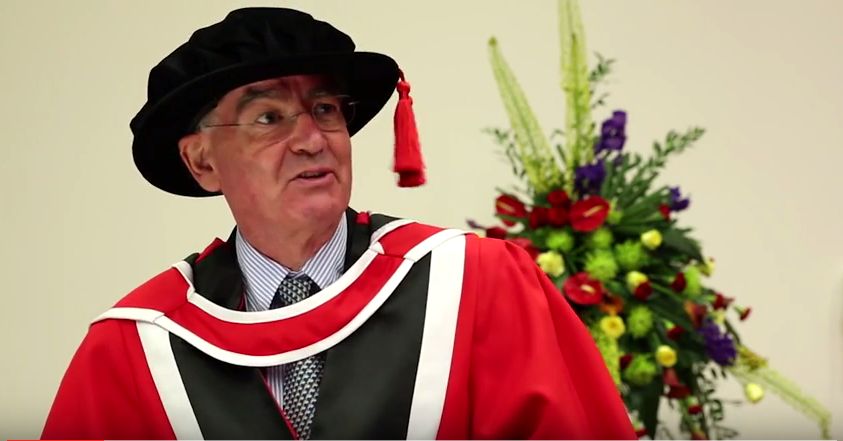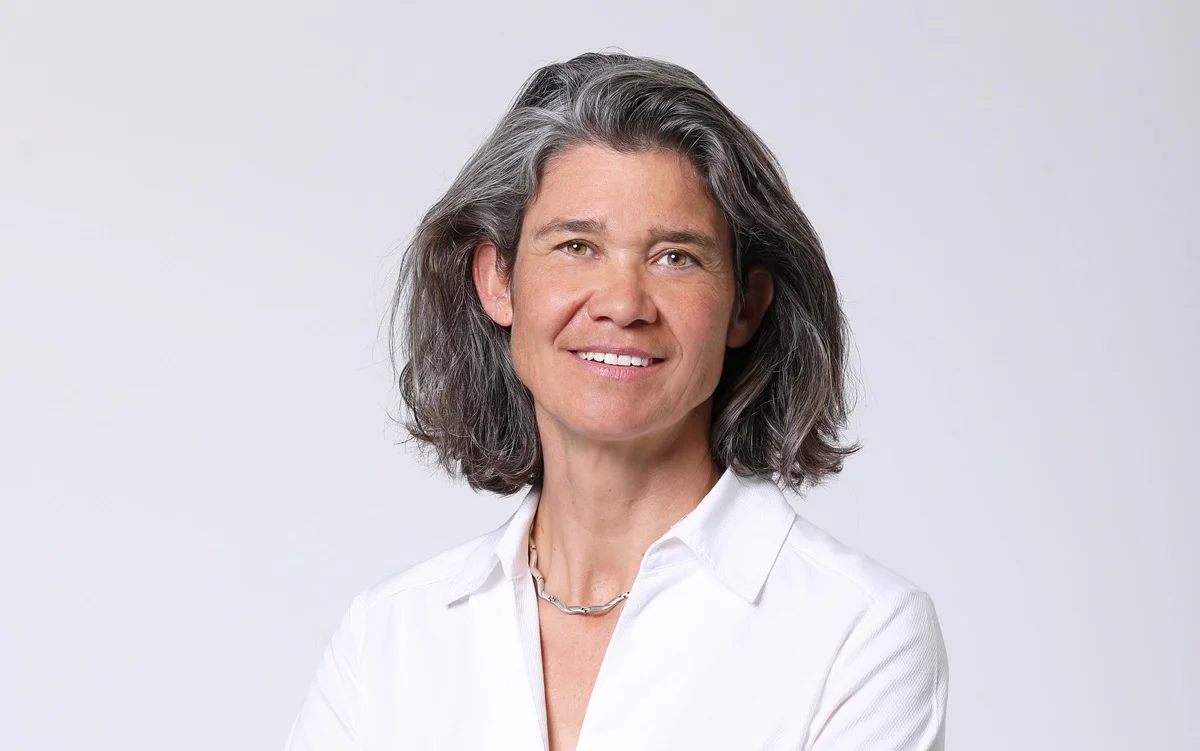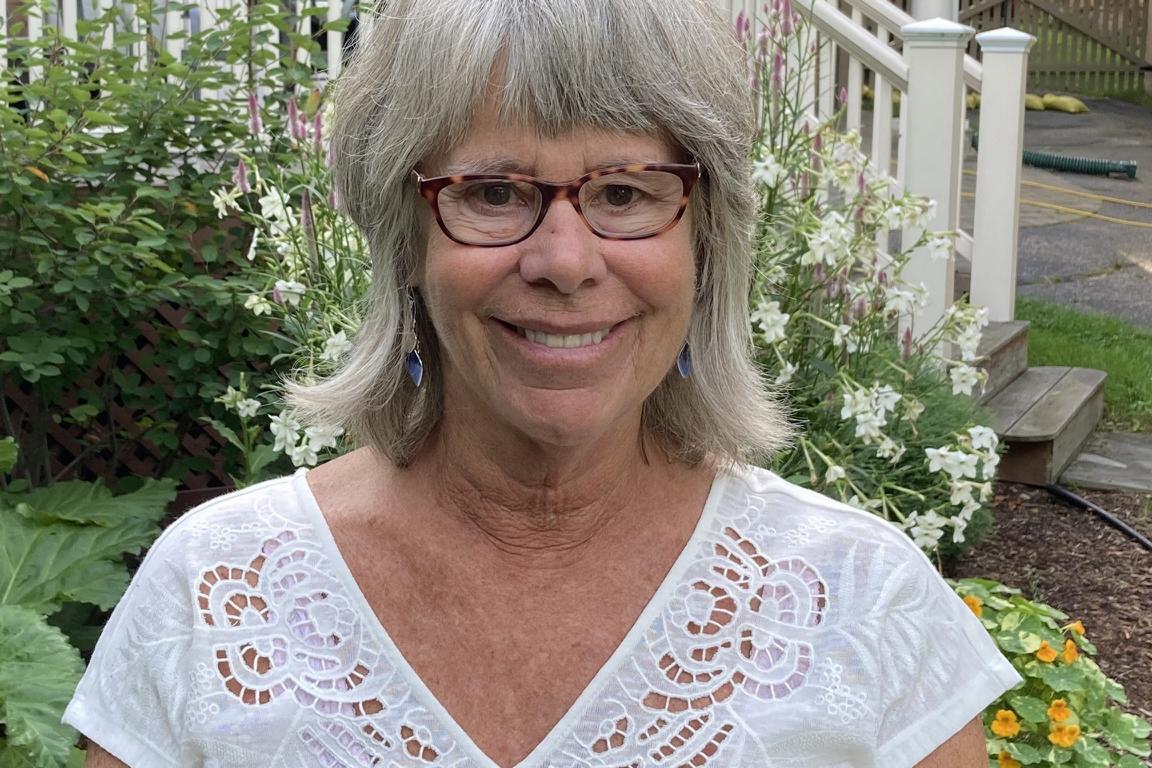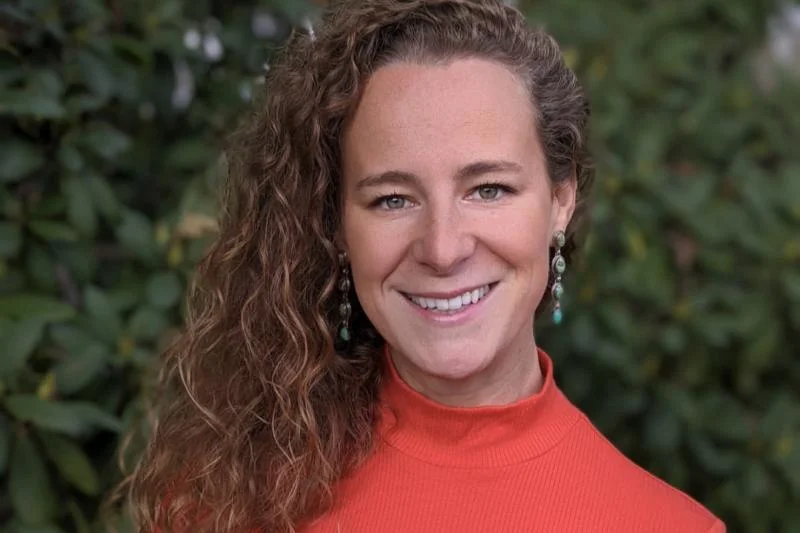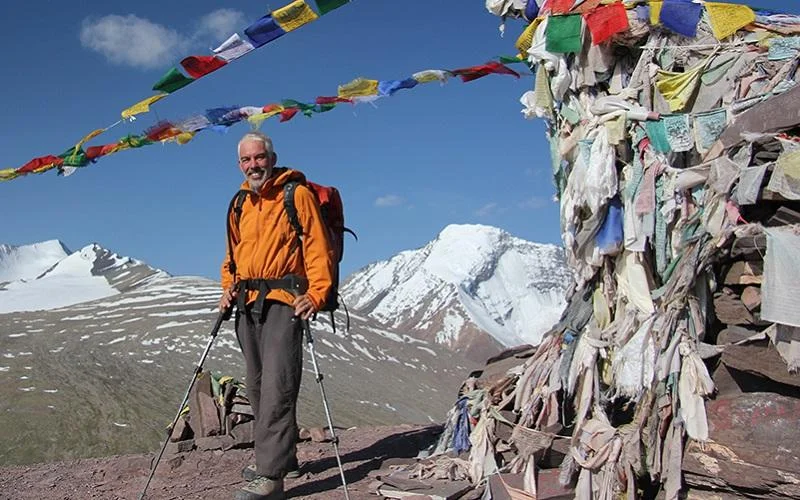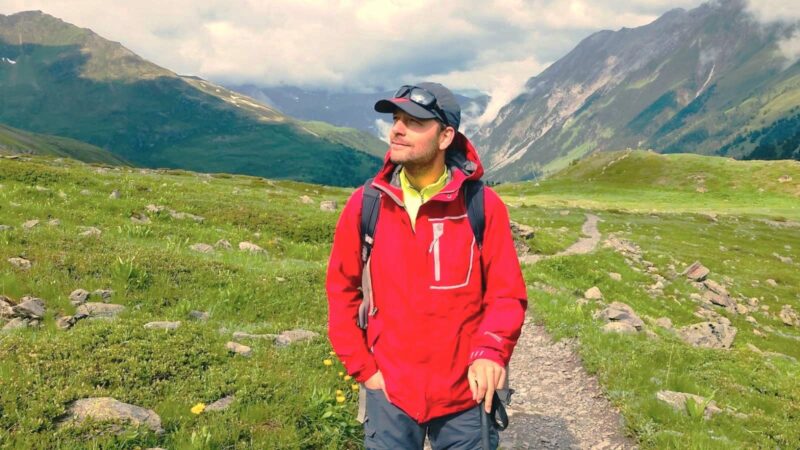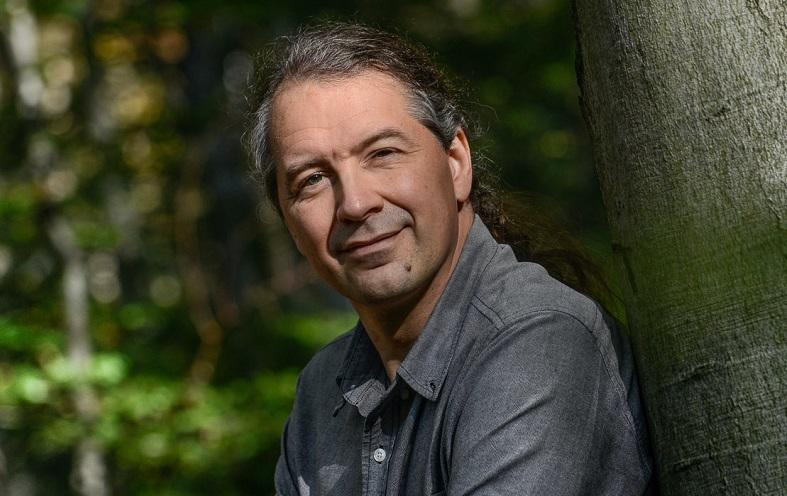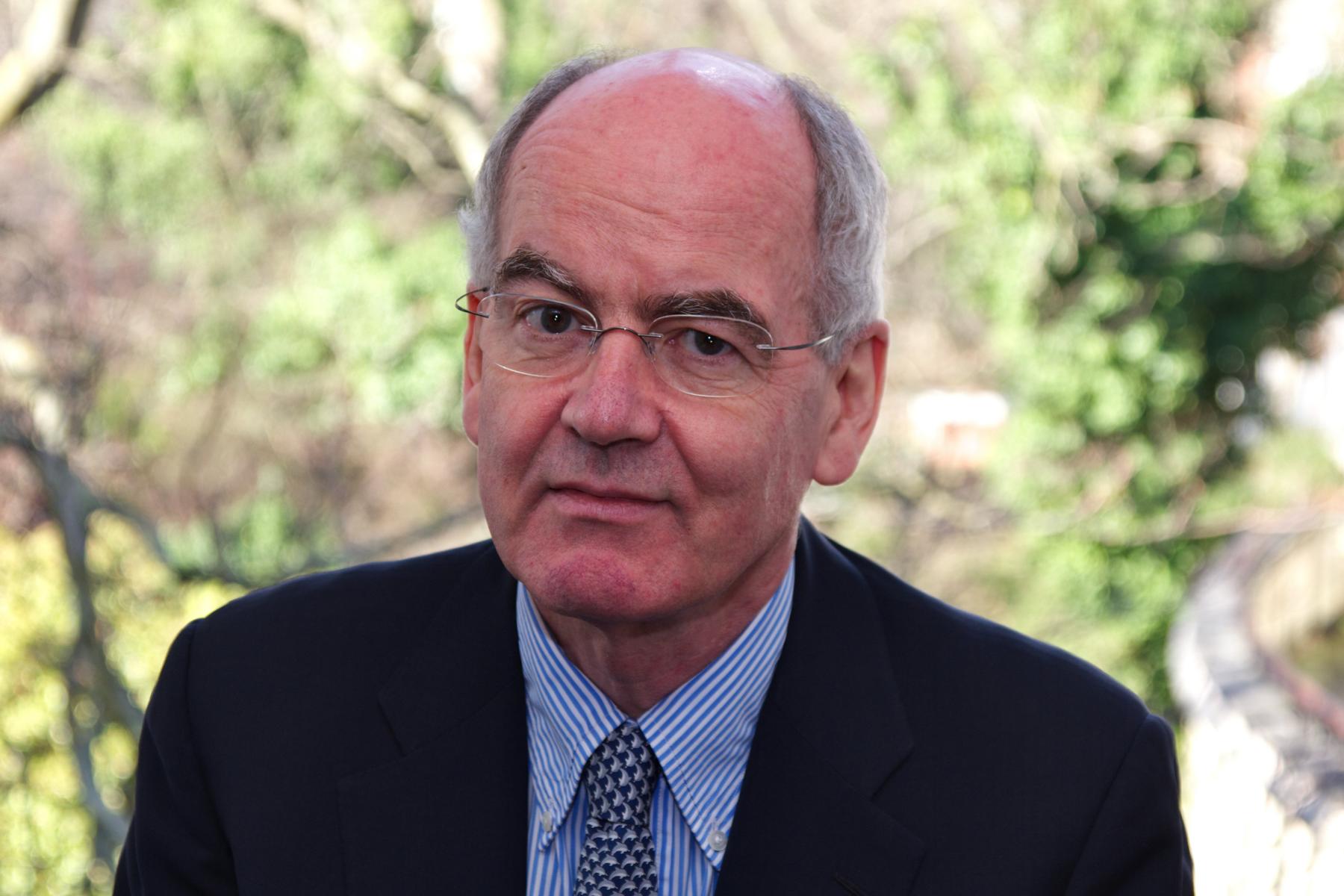
This interview with London-based John Elkington, among world’s leading sustainability and business thinkers and advisers, is the first of a series of interviews with sustainability change-makers not directly related to tourism.
The series is a response to those rightly complaining about too much ‘silo think’ in tourism, and not enough interaction with the broader sustainability agenda.
Learn about:
- When John Elkington first got in touch with sustainability as topic;
- How his view on the issue has changed since then;
- His key lessons from being involved with the SustainAbility research consultancy;
- How destinations can improve their sustainability performance;
- Why we are facing a Breakthrough Challenge, and how we can overcome it;
- His recommended reading on sustainability;
- What characterizes a leader in sustainability;
- The main challenge for sustainability in the near future;
- What he’d do differently, given the chance to start his career all over again.
John, do you remember the first time you heard or thought about sustainability in connection with business?
It goes back to the late 1960s and early 1970s, when Stewart Brand was producing sequential issues of the Whole Earth Catalog—a body of work that had a huge impact on people like Steve Jobs. And on me.
The focus at the time was on smaller scale applications of technology, but when I worked briefly with an ‘alternative technology’-focused community in the early 1970s, and visited several others, I came to the conclusion that we had to push into the business mainstream. Among other things, I started to write on business and environment issues for New Scientist through the 1970s—and then was a co-founder of Environmental Data Services and the first editor of the ENDS Report from 1978.
In the following years I visited several hundred companies around the world, initially focusing on issues around safety, health and environment, then widening out to sustainability in the late 1980s. And that’s when we founded the company SustainAbility, in 1987. For the first years, we had to spell the name, because no-one had heard of sustainability. But by the early 1990s that had changed.
Has your view of sustainability and business changed since then?
I have long felt that science and technology would be central to the challenge of developing solutions for the sustainability agenda. And that markets and business would be key to ensuring that solutions were delivered at the necessary scale and price point. Governments can’t do this on their own, though they certainly have crucial roles to play.
Some people see my work as largely about corporate social responsibility, but at heart I have always been an environmentalist—and driven by a deep sense of the imperfections of modern forms of capitalism. Ever since The Ecology of Tomorrow’s World (published in 1980) and The Green Capitalists (published in 1987), I have argued that system change was necessary, including profound changes in the ways that markets operate and are regulated.
Looking back at your almost 30 years of involvement in the SustainAbility consultancy and think tank – what key lessons have you learned?
First, small groups of people can sometimes catalyse amazing levels of change. But timing is critical. And SustainAbility was formed early enough to ride the growing wave of concern and interest in business’s role in driving more sustainable forms of development.
Along the way I learned that it can pay big dividends if you can combine the art of being business-friendly with a profoundly challenging approach to capitalism, markets, businesses and even, sometimes, your own clients.
At different times we have launched market campaigns that upset potential and existing clients. We launched the ‘Green Consumer’ movement in 1988. We launched the ‘Triple Bottom Line’ movement in 1994, which was initially resisted both by some activists and by many companies.
But times change—and now I’m immensely proud that both SustainAbility and Volans, which I co-founded in 2008, are certified B Corporations, part of a movement of 1,500 companies around the world now chartered or recharterd around the Triple Bottom Line.
You recently published The Breakthrough Challenge: 10 Ways to Connect Today’s Profits with Tomorrow’s Bottom Line, together with Jochen Zeitz. Which insights of the book would you consider the most relevant for tourism professionals?
A long time ago, in 1992, Julia Hailes and I published a book on sustainable tourism, called Holidays That Don’t Cost the Earth. It was sub-titled ‘The Guide to Greener Holidays’. And some of it probably made uncomfortable reading for some in the ‘sustainable’ or ‘green’ tourism sectors.
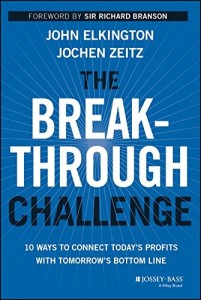 In effect we were saying that (despite their very real benefits to travellers and, often, to the environment) eco-tourism activities were often the first stage in opening up new destinations. Often, the very environmental resources that people originally came to enjoy intact, end up spoiled due to increasingly intense visitor pressures.
In effect we were saying that (despite their very real benefits to travellers and, often, to the environment) eco-tourism activities were often the first stage in opening up new destinations. Often, the very environmental resources that people originally came to enjoy intact, end up spoiled due to increasingly intense visitor pressures.
Perhaps counter-intuitively, we concluded that sometimes the best policy would be to super-concentrate people into dense holiday destinations—partly to relieve the wider pressures.
Coming right up to date, The Breakthrough Challenge isn’t specifically aimed at the tourism sector, though many of the key conclusions are relevant. The book channels the thinking and work of The B Team, co-chaired by Sir Richard Branson and my co-author, Jochen Zeitz. And the spirit of the enterprise is to enable business leaders to speak out on challenging issues, to discuss ways to build effective solutions, and then to lobby governments and other key actors to play their parts, too.
You hold a Masters degree in Urban Planning and have been made Honorary Doctor of Sociology at University of Essex. What would be your advice to the destination planners and managers of cities like Barcelona, struggling to keep residents happy, despite growing visitor numbers?
I’m not particularly academic and am not even totally sure what the honorary doctorate is in. When I was invited to choose between the various schools and departments as a host for the award ceremony, I was told it could be Economics (though I gave that up after a year, in 1968, because it seemed largely irrelevant to what was then happening in the wider world), Sociology (which is what I then switched to), their new Business School (since much of my subsequent work had focused on business), or Biological Sciences (because that department hosts the new Sustainability Institute).
In the end I chose the biological option, partly because I had given up all sciences at school at the age of 14, partly because I had refused to cut up frogs in biology lessons.
In terms of managing the impacts of tourism on cities, among them Barcelona, there are important lessons to be learned from biology and ecology, alongside sociology and social psychology.
Cities and communities have carrying capacities very much like ecosystems—and once they are overwhelmed, it can be difficult—or even impossible—to pull the system back to the previous levels of health and productivity.
In a world where more and more people want to travel, and it is very much easier for them to do so, city mayors and planners have to get much better at working out how much of a good thing might prove to be too much. This is a political challenge, quite as much as it is a technical challenge. So we need insightful, effective leaders here as in every other aspect on our economic life.
In your view, what characterizes a sustainability leader, in terms of traits, for example? Which skills are essential?
Many books have been written on this, including by me! Let me boil my answer down into just three key skills.
Leaders have to be able to see around corners. They have to be able to connect with people who have important contributions to make, even if they don’t vote or (in the private sector) invest in a given industry or company. And they have to work out when to take a stand on a critical issue.
Initiatives like C40, convening the mayors of cities around the world, show how this can be done—and done successfully.
3 books on sustainability leadership that every tourism professional should read..?
My recent take on this question for strategy + business can be found here.
In addition to The Breakthrough Challenge, I would suggest:
- Jørgen Randers, 2052
- Andrew Winston, The Big Pivot
On your website you say that you feel that 2015-2025 could be the best decade in terms of sustainability. Which topics and actors do you think will dominate this “Breakthrough Decade”?
This is something we are beginning to work through with three key partners: the United Nations Global Compact, with whom we are co-evolving a 2-year Breakthrough Innovation Program; the new Global Commission on Business & Sustainable Development, with whom we are digging deep into the sort of business model innovation that will be needed to meet the UN Sustainable Development Goals; and the Global Reporting Initiative, where I chair the new GRI Technology Consortium, investigating the future of business transparency and market intelligence.
If you had to start your professional journey all over again, knowing what you know now about sustainability and business, what would you do differently?
Impossible question! But I do know I like to be at the cutting edge (some of my colleagues would say over the edge), in a zone where it isn’t exactly clear what we should be doing, how it might best be done, or even who is going to pay for it.
When I started our as an environmentalist, that wasn’t a career path—indeed almost the opposite. So I suspect I would end up doing things that took me into uncharted water again, though I suspect that most of them would be in the broader sustainability space.
In your view, what aspect/issue is the most crucial for the next years regarding advancement towards a more sustainable tourism?
A central challenge will be to stretch our time horizons. That’s what the inter-generational dimension of the sustainability agenda is all about. That can be done in many ways, from the use of scenarios through to engaging very different types of stakeholder.
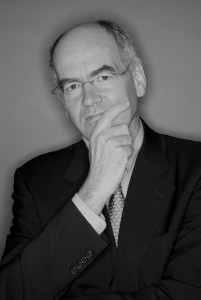 Tomorrow magazine once referred to you as a Babel fish, in the sense that you are someone who ‘translates’ information and thus connects people and ideas. What does a Babel fish ‘feed’ on? Where or to whom do you go for inspiration?
Tomorrow magazine once referred to you as a Babel fish, in the sense that you are someone who ‘translates’ information and thus connects people and ideas. What does a Babel fish ‘feed’ on? Where or to whom do you go for inspiration?
I have always ‘fed’ on science, on technology and on business. One way or another, I have managed to open and pass through doors that have been closed to many activists.
In the past decade, I became more interested in social innovators, social entrepreneurs and impact investors. And now we are expanding the spotlight to take in some of the innovators, entrepreneurs, investors and policy-makers who are pushing towards exponential solutions to our increasingly exponential challenges.
Thank you, John.
More about John Elkington’s work on his website and on volans.com. Connect with him on LinkedIn and via Twitter.
Enjoyed our interview with John Elkington on business, tourism and sustainability? Share and spread the word!

